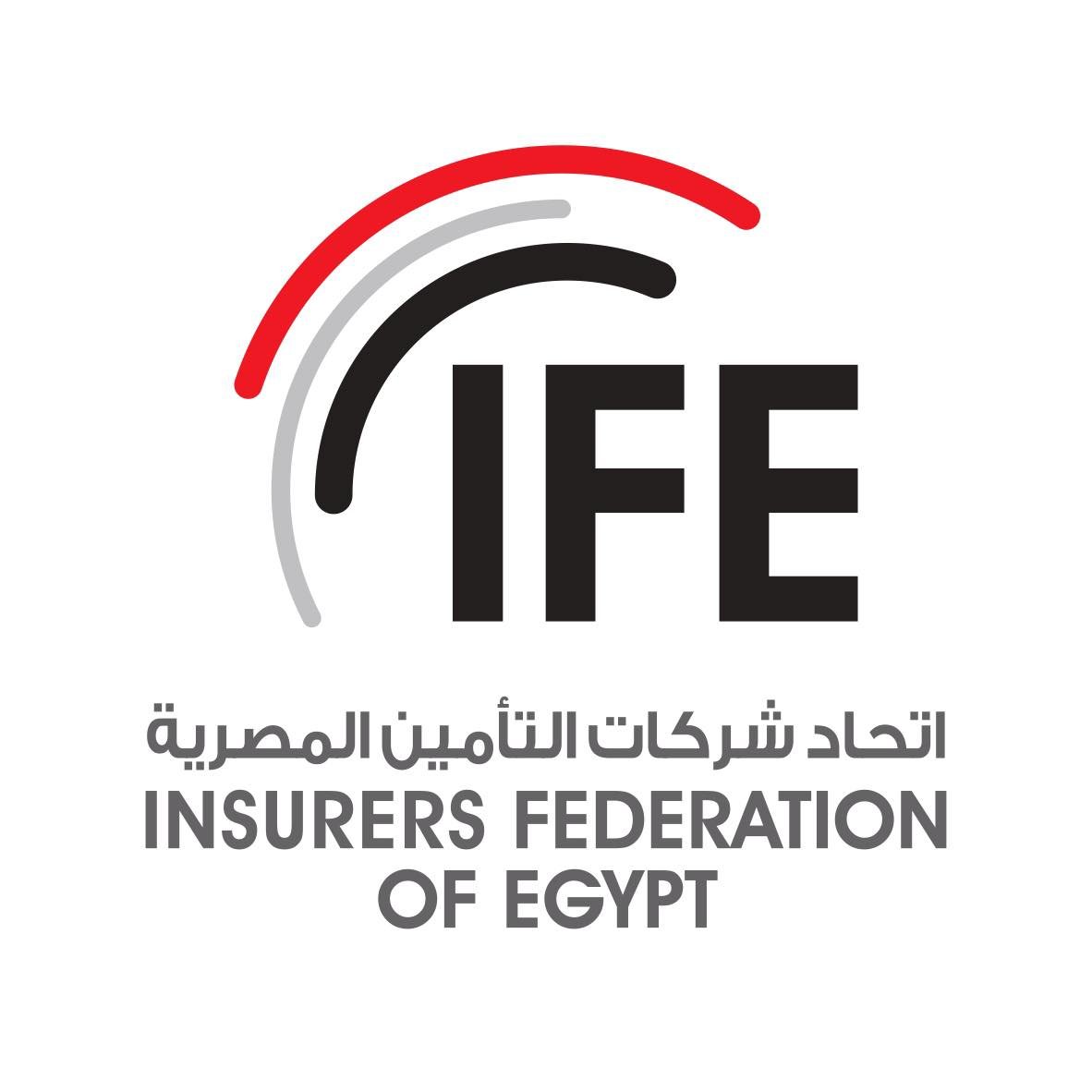The Egyptian Federation of Insurance Companies emphasized in its weekly bulletin No. 398, issued on Sunday, October 12, 2025, that insurance serves as a vital instrument for financial inclusion and social protection. The federation highlighted its critical role in promoting financial security and social stability, particularly for women who face distinct health and economic risks. At its core, insurance operates as a contract transferring individual risk to an insurer in exchange for a fixed premium, offering financial protection against potential losses. Policies directly benefiting women include health coverage for reproductive care, pregnancy, childbirth, and early detection of gynecological diseases; life insurance ensuring family financial stability in the event of a female breadwinner’s death; microinsurance tailored for women in small enterprises or the informal economy at affordable rates; and gender-based violence insurance, newly offered by some firms, covering psychological or legal costs arising from domestic abuse. The federation noted that women’s relationship with insurance is deeply influenced by demographic, social, and economic factors. Women generally live longer than men, necessitating more precise retirement planning to avoid depleting savings. They also face unique health risks related to pregnancy and gynecological conditions, while balancing dual responsibilities at home and work—making their financial stability crucial for overall household resilience, especially given their often precarious economic status and low formal labor market participation. Insurance directly supports women by covering high medical costs associated with chronic illnesses, surgeries, or long-term care. Certain policies specifically address women’s health issues, encouraging early diagnosis and effective treatment while shielding household savings during medical crises. Furthermore, insurance contributes to long-term financial security by offering income protection in cases of disability or injury preventing work, life coverage safeguarding families from economic hardship upon loss of a primary earner, and insurance-linked savings products that help women plan effectively for retirement—addressing clear gaps in existing pension systems. In parallel, the federation explained that insurance fosters economic empowerment by ensuring continuity of women-owned small and medium enterprises through microinsurance, protecting against risks like fire, theft, or third-party damage. It also enhances women’s creditworthiness when applying for loans, as insurers provide lenders with greater confidence in their ability to withstand financial shocks. The federation concluded that designing insurance products tailored to women’s specific needs is essential for achieving equitable financial protection, calling for increased insurance awareness among women and expanded services targeting their unique circumstances to build a more inclusive, fair, and sustainable society.
— news from (جريدة المال)
— News Original —
الاتحاد: التأمين ركيزة لتمكين المرأة وتعزيز الاستقلال الاقتصادي
أكد الاتحاد المصري لشركات التأمين في نشرته رقم (398) الصادرة اليوم الأحد الموافق 12 أكتوبر 2025، أن التأمين يمثل أحد أهم أدوات الشمول المالي والحماية الاجتماعية، مشيرًا إلى دوره الحيوي في تعزيز الأمن المالي والاستقرار الاجتماعي، لا سيما بالنسبة للمرأة التي تواجه مجموعة من المخاطر الخاصة والمتنوعة على المستويين الصحي والاقتصادي. n nوأوضح الاتحاد أن التأمين، في جوهره، هو عقد يقوم على نقل عبء المخاطر من الفرد إلى شركة التأمين مقابل قسط معلوم، بهدف توفير حماية مالية ضد خسائر محتملة. ولفت إلى أن أنواع التأمين التي تخدم المرأة بشكل مباشر تشمل التأمين الصحي، الذي يغطي خدمات الرعاية الإنجابية والحمل والولادة والفحوصات المبكرة للأمراض النسائية؛ وتأمين الحياة الذي يضمن استقرار الأسرة المالي في حال وفاة المرأة المعيلة أو أحد أفراد الأسرة؛ إضافة إلى التأمين متناهي الصغر، الذي يستهدف النساء العاملات في المشروعات الصغيرة أو في الاقتصاد غير الرسمي بتكلفة ميسّرة؛ فضلًا عن التأمين ضد العنف القائم على النوع الاجتماعي، والذي بدأت بعض الشركات في تقديمه لتغطية تكاليف العلاج النفسي أو القانوني الناتجة عن العنف الأسري. n nوأشار الاتحاد إلى أن العلاقة بين المرأة والتأمين وثيقة الصلة بخصائصها الديموغرافية والاجتماعية والاقتصادية، موضحًا أن النساء عادة ما يعشن لفترات أطول من الرجال، مما يستدعي تخطيطًا ماليًا أكثر دقة للتقاعد وتجنب نفاد المدخرات. كما تواجه المرأة مخاطر صحية خاصة تتعلق بالحمل والولادة والأمراض النسائية، في حين تتحمل أدوارًا مزدوجة بين العمل داخل المنزل وخارجه، ما يجعل استقرارها المالي محوريًا لاستقرار الأسرة بأكملها، خصوصًا في ظل هشاشة أوضاعها الاقتصادية وانخفاض مشاركتها في سوق العمل الرسمي. n nالتأمين وسيلة لتمكين المرأة ماليًّا وتعزيز استقرارها المستقبلي n nوأكد الاتحاد أن التأمين يسهم بشكل مباشر في حماية المرأة ماليًا من خلال تغطية التكاليف الصحية الباهظة، خاصة في حالات الأمراض المزمنة أو العمليات الجراحية أو الرعاية الطويلة الأمد. كما أن بعض وثائق التأمين تركز على تغطية الأمراض النسائية، مما يشجع على الكشف المبكر والعلاج الفعّال، ويحمي مدخرات الأسرة من الاستنزاف في أوقات الأزمات الطبية. n nوأضاف الاتحاد أن تحقيق الأمن المالي طويل الأجل للمرأة يعد من أبرز أدوار التأمين، من خلال توفير تأمين الدخل في حالات العجز أو الإصابة التي تمنعها من العمل، وتأمين الحياة الذي يحمي أسرتها من التبعات الاقتصادية لوفاة المعيل الرئيسي، إلى جانب منتجات الادخار التأميني التي تساعد النساء على التخطيط الفعّال للتقاعد، في ظل الفجوات الواضحة في نظم المعاشات الحالية. n nوفي سياق متصل، أوضح الاتحاد أن التأمين يسهم أيضاً في تمكين المرأة اقتصادياً من خلال دعم استمرارية المشروعات الصغيرة والمتوسطة التي تملكها النساء عبر التأمين متناهي الصغر، الذي يحمي هذه المشاريع من المخاطر مثل الحرائق أو السرقة أو الأضرار الطرفية. كما يعزز التأمين المصداقية الائتمانية للمرأة عند التقدم للحصول على القروض، إذ يمنح المقرضين ثقة أكبر في قدرتها على مواجهة الصدمات المالية. n nوأكد على أن تطوير منتجات تأمينية تراعي خصوصية احتياجات المرأة يمثل خطوة ضرورية نحو تحقيق المساواة في الحماية المالية، داعيًا إلى تعزيز الوعي التأميني بين النساء والتوسع في الخدمات التأمينية الموجهة لهن، بما يسهم في بناء مجتمع أكثر شمولًا وعدالة واستدامة.
